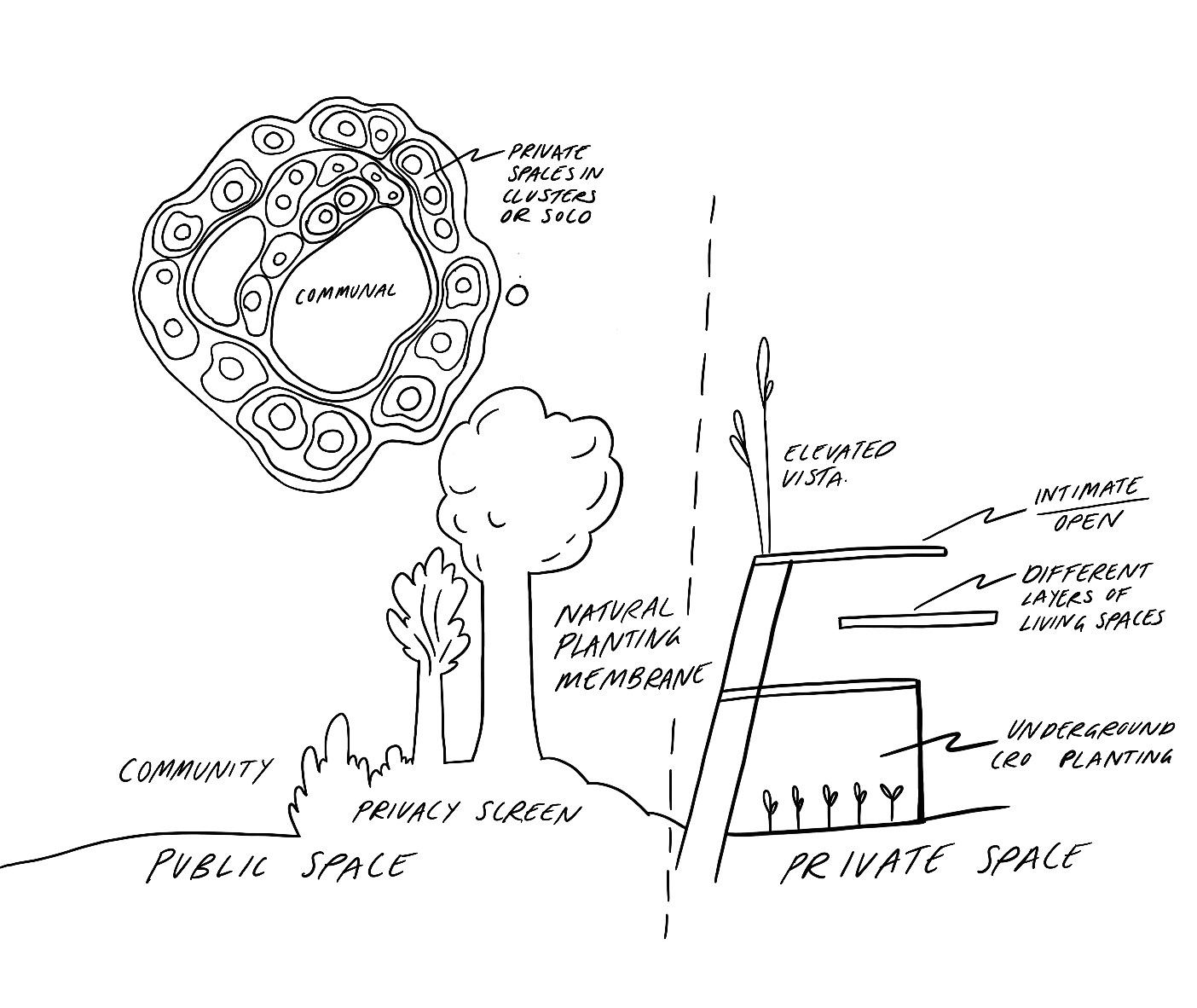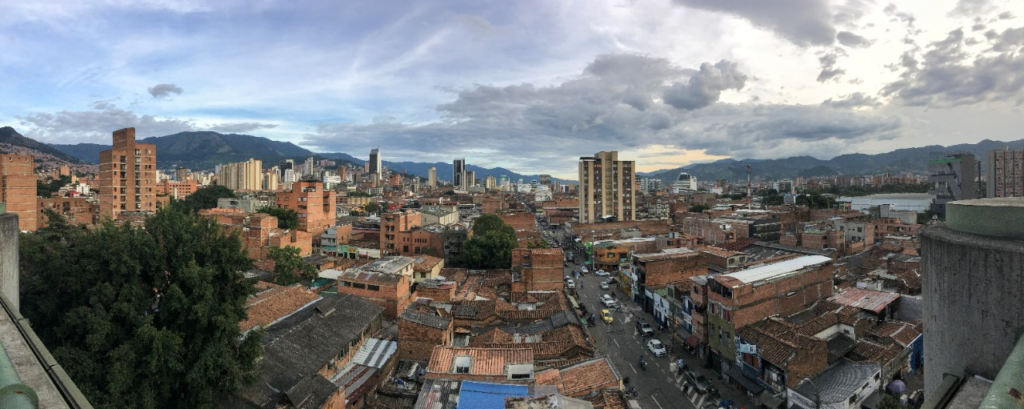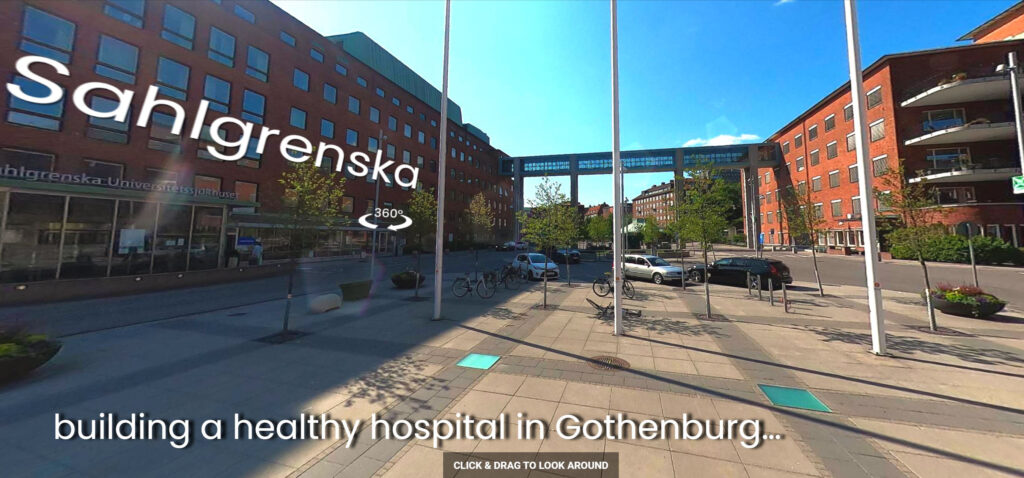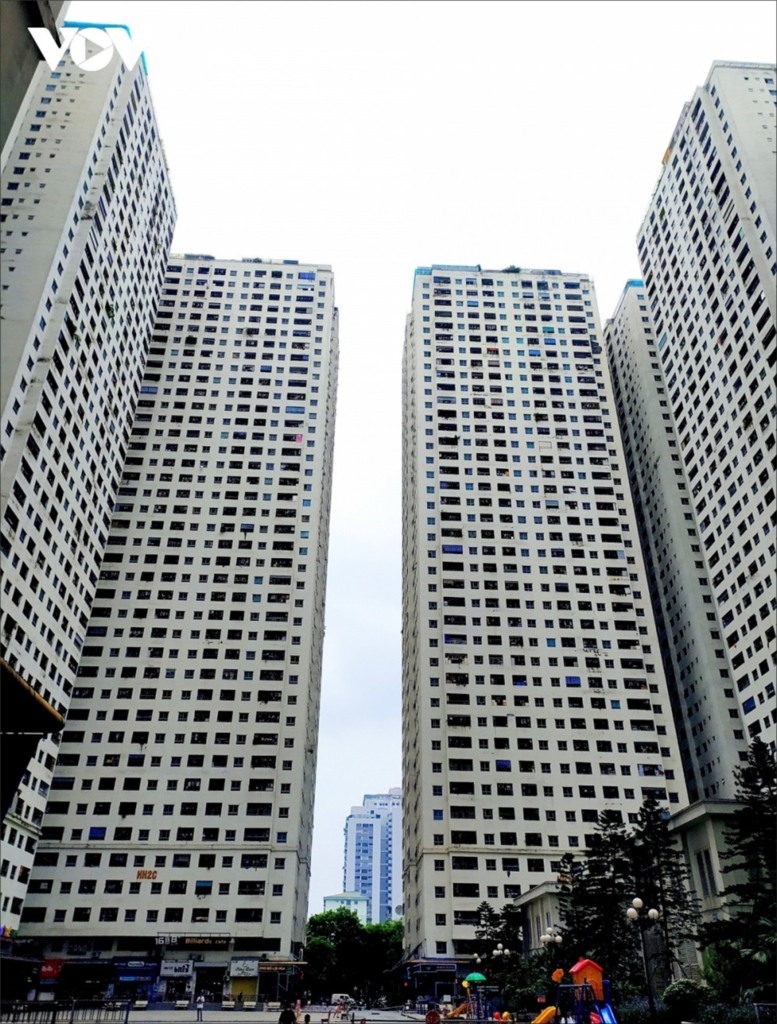City Know-hows

Target audience
Landscape architects, environmental educators, city planners and sustainability practitioners and scientists
The problem
There is no established agenda to create sustainable urban environments that combine bio-physical and socio-cultural dimensions. Consequently, many urban environments suffer from lack of direct nature experiences, insufficiently integrated ecosystem services, and narrowly considered public health and well-being in the urban design.
What we did and why
We explored the basis of a transdisciplinary agenda for nature-connecting human habitat, i.e. an ecologically sustainable habitat that promotes a cultural connection between people and nature. We create an explorative vision for sustainable human habitats that integrate personal, social, and environmental factors and then identify actions and synergies to achieve it.
Our study’s contribution
The collective vision suggests a variety of psychological, physical, cultural, and environmental attributes that interplay with each other. Next door nature routines are essential to create nature-connecting habitats. The consequent co-benefits with nature-based solutions are many as is the potential to support the Sustainable Development Goals.
Impacts for city policy and practice
Given the wide range of actors benefitting, further exploration and planning of future human habitats would benefit from including many different actors such as local officials, educators, lawyer, ecologists, landscape architects, and even medical doctors – through social prescribing; and of course, local communities!
Further information
Full research article:
Full research article: Connecting land. A transdisciplinary workshop to envision a nature-connecting human habitat by Matteo Giusti (@matteogiusti), Wenpei Wang & Tanya Marriott. City Know-how editor: Marcus Grant
Related posts

Insights into life conditions of residents in social housing in Medellin, Colombia to contribute to the planning and management of healthier housing using a novel

On this webpage, follow the Bötzowviertel case, a neighborhood streetscape analysis with pedestrian solutions.

High-rise apartment buildings are increasingly popular in large cities, however, urban land availability for outdoor communal spaces is limited. Creating communal spaces for high population density is a challenging task. Past research indicates the importance of the immediate environment in stimulating social interaction and the spatial organization for social activities can play an important role. One may ask whether the design of communal spaces within high-rise buildings can stimulate social interaction among residents.